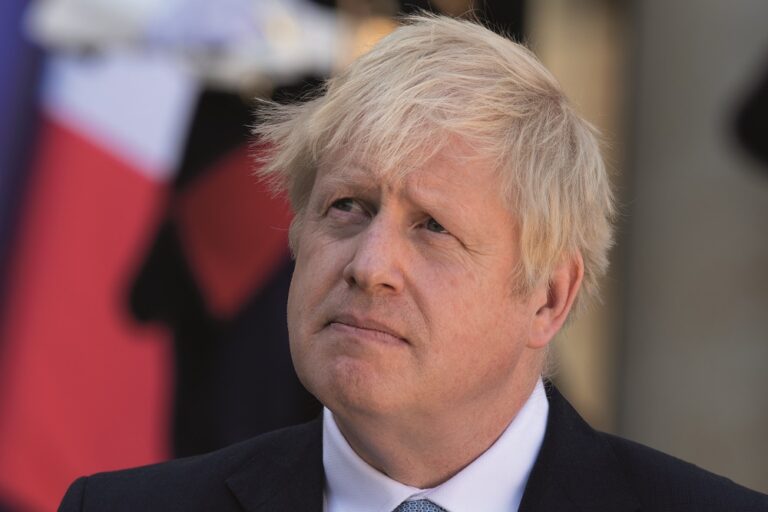The Chartered Institute of Environmental Health (CIEH) has expressed concern that the UK’s stance and red lines for negotiations on a trade deal with the European Union (EU) could lead to a worrying no-deal scenario for food in the United Kingdom (UK).
Last week, the UK Government published its negotiating mandate for trade talks with the EU. A key element of the Government’s stance is the apparent commitment to walk away from talks by June and focus on no trade deal preparations if suitable progress is not being made.
On food, the Government has stated that it will seek to maintain a robust regime reflecting the UK’s existing high standards, with any future deal with the EU continuing to protect human, animal and plant life and health, and the environment.
However, the UK’s negotiating mandate also makes clear that food standards and related measures should not create unjustified barriers to trade in agri-food goods between the UK and EU and that each party must have full autonomy over their own regimes.
On environmental standards, the UK Government says that any agreement should include reciprocal commitments not to weaken or reduce the level of protection afforded by environmental laws in order to encourage trade or investment and that fundamentally each party has the right to set its environmental priorities and adopt or modify its environmental laws.
Gary McFarlane, CIEH Northern Ireland Director, said: “The stance taken by the UK Government seems to create obstacles that could see talks with the EU quickly collapse.
“If we walk away from talks in June we will be left with only the terms of the Withdrawal Agreement and the non-binding political declaration, effectively committing us to very little.
“This would almost certainly lead to the death of the “frictionless” trade deal between Northern Ireland and the rest of the UK that the government keeps promising as it would mean that Great Britain would revert to third country status and rules whilst Northern Ireland would remain within the Single market and customs union under the terms of the withdrawal agreement. The reality of this scenario is checks on all food and goods moving between Great Britain and Northern Ireland.
“The idea that the UK can diverge on standards and still have full access to the EU market is questionable. Ultimately, we will have to maintain our own standards that are at least equivalent to those of the EU if we want to continue to trade with the EU in agri-food.
“On the face of it, the Government’s stance towards these talks could lead us back to, in effect, a no-deal scenario and with it all the questions and concerns about the Northern Irish border, trade and our country’s food supply.
“We urge the Government to do everything in their power to obtain a mutually beneficial trade deal with the EU to alleviate these concerns and uphold our country’s high food and environmental standards.”

Chloe Ryan
Editor of Poultry Business, Chloe has spent the past decade writing about the food industry from farming, through manufacturing, retail and foodservice. When not working, dog walking and reading biographies are her favourite hobbies.

